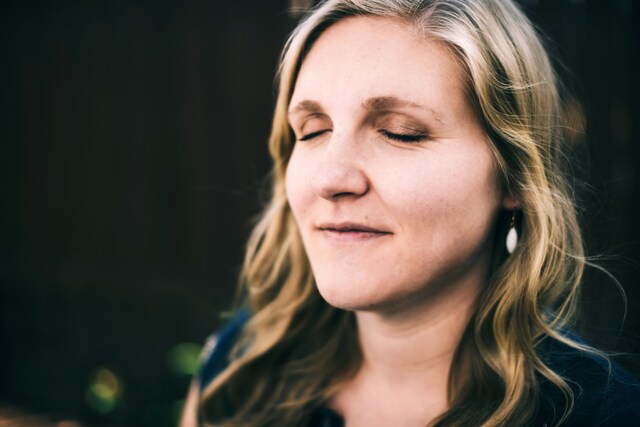PRECEDE: Have trouble saying no? Here are some clues to make it easy and why it matters, writes Steve Biddulph.
Lots of psychology terms creep into our language for one good reason – they turn out to be useful.
Nobody cringes to use the expression ‘me time’ anymore, because boy, do parents ever need that.
‘Self-care’ would not be a term you would have heard much a hundred years ago, but it’s now seen as essential in being a parent – we are no good to our kids if we burn out and can’t get out of bed.
Another is ‘boundaries’, referring to our sense of our limits, our no-go zones, where we would want to stand firm, whether it’s with our child’s behaviour or agreeing to bake cakes for the school fair.
Boundaries are essential to mental health because they are our way of knowing when to say no and, in order to do that, knowing when we are getting out of our depth with commitments, fatigue, overload, or just plain not wanting to do something.
But studies show that as many as half of all adults feel they have trouble with boundaries.
In my talks, I often ask, “Who has trouble saying no to things, and ends up doing things they really don’t want to? Who feels that they are not really true to themselves a fair amount of the time?”
An awful lot of hands go up.
The reasons are pretty obvious: we don’t want to upset others or appear rude or selfish. But we go way too far the other way.
And there are no surprises for which gender has the most trouble with ‘people pleasing’ and ‘putting others first’, being the one who eats the burnt chop from the back of the grill.
Much of this is admirable – I think that our greatest happiness comes from being there for each other – but not beyond the point of harming our own health or happiness. Or our values.
At a point in my career as a speaker, I stopped accepting any events held in venues with poker machines. These cause so much harm to families – financial ruin, but also domestic violence and suicide – that I don’t think they should exist at all.
Boundaries are something we need help with. I got interested in identifying boundaries and understanding where our ‘true self’ lies while writing my book Wild Creature Mind.
Because it is not always in our ‘thinking’ mind. Somewhere, deep down, we KNOW what is right for us because of a gut feeling – not in words, but a sensation in our body.
It is different for everyone, but you know it when you feel it. That phone call to ask you to do someone a huge favour, and your stomach goes ‘erk’. ‘It is just way too much, and this person is always asking too much; it’s a very one-way relationship.’
What to say? “I just don’t feel that I can!”
Notice that sentence refers to a ‘feeling’, not a reason or argument. You can’t argue with a feeling.
You can even be super vague: “I’m not sure why, but I just don’t feel comfortable saying yes to that, I will have to say no this time, I hope you can find someone else.”
If you have trouble thinking under pressure – and the term ‘put on the spot’ is exactly what describes this common experience – then here is a strategy to use.
People who manipulate or use others, or even innocent but way-too-needy friends, know almost instinctively that they can get us to agree by a surprise pounce when we least expect it.
Do something to give yourself time to listen to and figure out your inner compass, your felt sense of whether this is a ‘yes’ or a ‘no’.
You can do this with requests from your children – to go to a sleepover that makes you uneasy, for example – or a teenager asking permission for something a bit dodgy. Simply say: “I am not sure how I feel about that, I need time to really listen to my insides, I will get back to you tomorrow.”
Then you will know – that uneasy feeling in your tummy, or tightening of your shoulders (about taking on more burdens) will not dissipate, but grow stronger. And you will know your true compass and feel clearer and stronger. And be able to breathe a big sigh of relief that your boundaries are good and that you are also teaching your kids to have good ones.
Steve Biddulph is the author of Wild Creature Mind – a book about conquering anxiety – and the world’s top-selling parenting book this century, Raising Boys.









